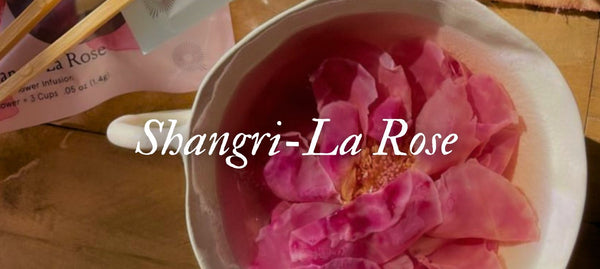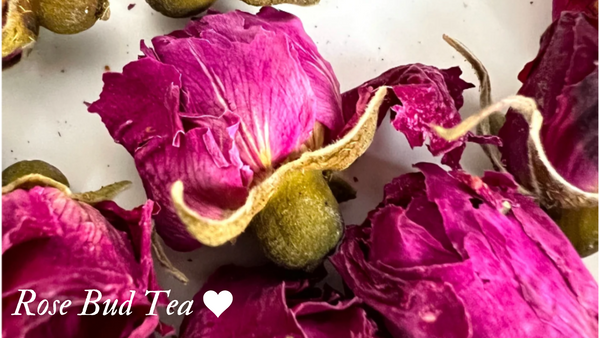7 Benefits of Rose Tea vs Rose Water
When considering the virtues of rose tea compared to rose water, each offers distinct advantages worthy of acknowledgment. Let us elucidate the distinguishing qualities that render them noteworthy:
-
Cutaneous Revitalization: Rose water emerges as a potent elixir for skin health, revered for its efficacy in moisturization, pH equilibrium, and redness attenuation, thereby contributing to a more harmonious and rejuvenated complexion.
-
Anti-Inflammatory Proficiency: The topical application of rose water serves as a palliative measure for irritated dermal conditions such as eczema, dermatitis, and acne, thanks to its anti-inflammatory properties.
-
Astringent Aptitude: Demonstrating mild astringency, rose water serves to refine pores and regulate sebum secretion, thereby fostering a smoother and more refined cutaneous texture.
-
Fragrant Appeal: Rose water transcends its utilitarian purpose, serving as a fragrant agent in skincare formulations, perfumes, and culinary endeavors, imparting a delicate floral aroma that augments sensory pleasure.
-
Capillary Consecration: Rose water extends its benefits to hair care, imparting hydration, frizz mitigation, and a subtle fragrance when applied to the scalp and tresses, thereby enhancing overall hair health.
-
Tranquilizing Tincture: Aromatic inhalation or topical application of rose water may induce a state of relaxation, serving as a salubrious antidote to stress and anxiety, reminiscent of the soothing properties attributed to rose tea.
-
Culinary Enhancement: Beyond its cosmetic utility, rose water contributes a unique floral essence to culinary preparations, ranging from confectionery to beverages and savory dishes, thereby elevating gustatory delight with its aromatic allure.
Rose tea emerges as a notable source of antioxidants, featuring polyphenols and flavonoids renowned for their efficiency in combating oxidative stress and mitigating the risk of chronic ailments.
2. Hydration and Dermatological Enhancement
The consumption of rose tea satisfies thirst as well as it confers benefits upon the integumentary system (Skin), fostering hydration and enhancing the complexion's vitality and luminosity.
3. Gastric Alleviation
Rose tea assumes a role as a digestive tonic, revered for its capacity to assuage gastrointestinal discomfort, diminish bloating, and ameliorate symptoms associated with indigestion.
4. Sedative Influence
The olfactory allure of rose tea exerts a tranquilizing effect, purportedly imbued with calming properties conducive to stress reduction and the promotion of relaxation.
5. Dermatological Rejuvenation
Consistent drinking of rose tea will lead to a visible improvement in skin health, courtesy of its anti-inflammatory attributes and its potential to stimulate collagen synthesis, thereby fostering a more resilient and radiant epidermis.
6. Menstrual Palliation
Some studies claims that the consumption of rose tea may offer relief from menstrual discomfort, owing to its purported mild analgesic properties and its propensity to induce muscular relaxation.
7. Sensory Gratification
Beyond its gustatory appeal, the consumption of rose tea offers an olfactory delight, characterized by a delicate floral bouquet capable of elevating one's mood and enriching the sensory experience.
In summation, while the virtues of rose tea and rose water are distinct, their collective inclusion within one's wellness regimen furnishes a comprehensive approach to holistic well-being, affording both internal and external benefits conducive to enhanced health and aesthetic appreciation.






















